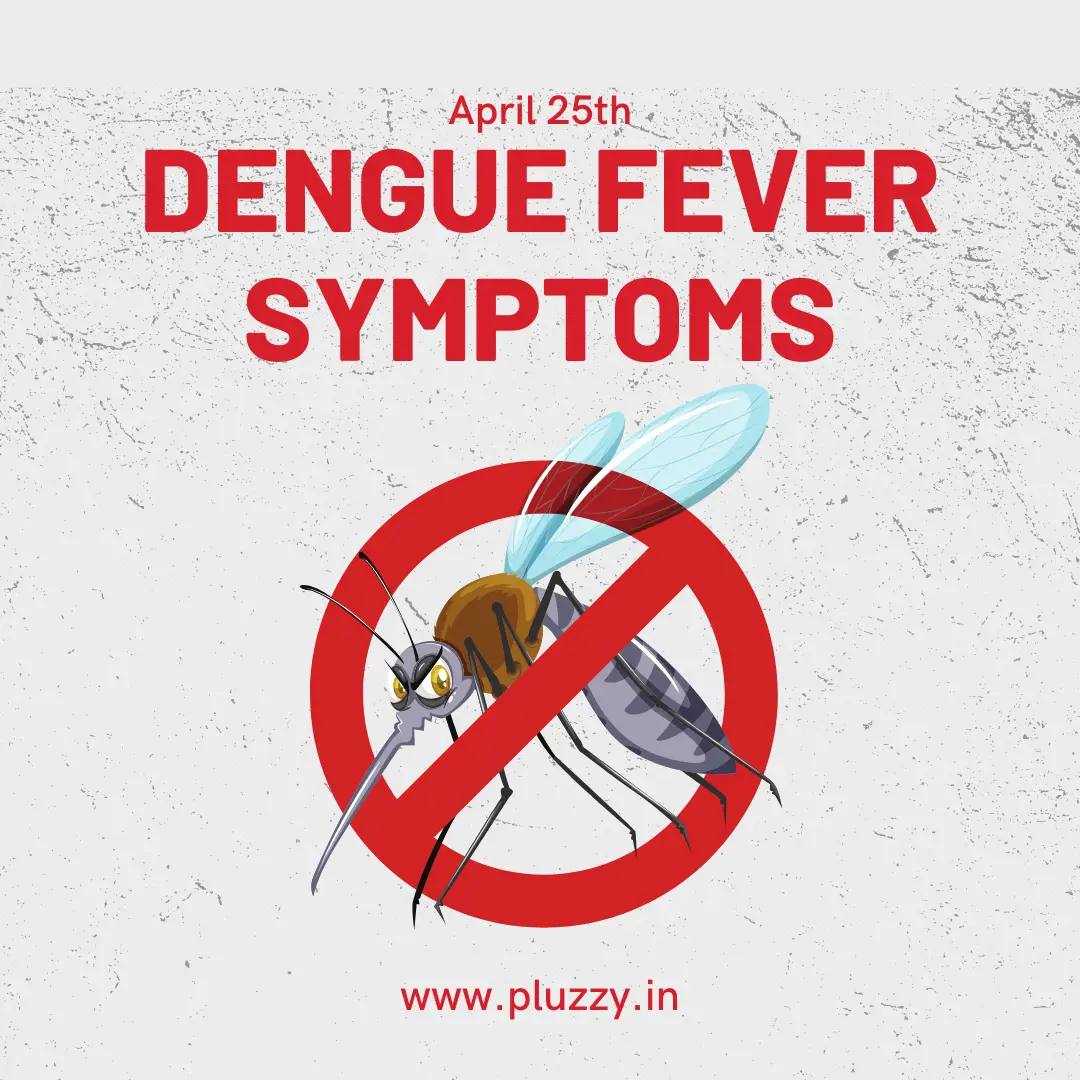Blog
dengue fever symptoms | Early Symptoms of Dengue Fever

dengue fever symptoms | Early Symptoms of Dengue Fever

What is Dengue Fever?
Dengue fever is a mosquito-borne viral infection that has become a major public health concern in regions of the world. It is caused by dengue virus, which is spread mainly by the Aedes aegypti mosquito. Infections can range from mild to severe, with symptoms often mistaken for other illnesses, making awareness and early detection important.
How is Dengue Fever Transmitted?

Dengue fever is a mosquito-borne viral infection that has become a major public health concern in regions around the world. Dengue fever is caused by dengue virus, which is spread mainly by the Aedes aegypti mosquito. Infections can range from mild to severe, with symptoms often being mistaken for other illnesses, making awareness and early detection important.
Early Symptoms of Dengue Fever
The initial symptoms of dengue fever usually appear four to ten days after being bitten by an infected mosquito. These initial symptoms are quite mild and are often mistaken for flu symptoms. Symptoms of dengue fever can be as follows.
– High fever, often up to 104°F (40°C)
– severe headache
– pain behind the eyes
– pain in joints and muscles
– Tiredness
– nausea and vomiting
-Appearance of skin rash two to five days after the onset of fever
Recognizing Mild Dengue Fever Symptoms
Symptoms of mild dengue fever can be easily missed because they resemble other viral infections. Apart from the usual symptoms like fever and headache, mild dengue can also cause:
– Mild to moderate joint and muscle pain
– Mild rash on the skin
– feeling of general malaise or malaise
Although these symptoms may not be serious at first, it is still important to monitor them closely because dengue fever can progress rapidly.
The Stages of Dengue Fever: Symptoms Over Time
Dengue fever usually progresses through three stages: febrile, severe, and recovery.
1. Febrile stage: This initial stage is characterized by sudden high fever, headache, muscle and joint pain, and rash. This stage lasts for about 2-7 days.
2. Critical Stage: This stage usually occurs around the time the fever subsides. It lasts 24-48 hours and is the most dangerous period. Symptoms include severe abdominal pain, persistent vomiting, rapid breathing, bleeding gums, and fatigue. This is when the risk of severe dengue, or dengue hemorrhagic fever, increases.
3. Recovery Stage: If the patient survives the critical stage, they enter the recovery stage, where the fluid lost is reabsorbed into the bloodstream. Improvement in symptoms and general well-being can be observed, although fatigue may persist.
Differences Between Dengue Fever and Other Viral Infections
It is challenging to differentiate dengue fever from other viral infections because the symptoms are similar. However, some key differences include:
– Onset of high fever: Dengue fever mostly begins with a sudden, high fever, whereas some other infections start gradually.
– Pain behind the eyes: This is the most distinct symptom of dengue fever.
– Rash: The rash in dengue fever appears in the first few days of symptoms and can vary greatly.
– Severe pain in muscles and joints: Often called “break bone fever” because of the intensity of the pain, it is more pronounced in dengue fever.
How to Manage Dengue Fever Symptoms at Home
Most cases of dengue fever can be treated at home with proper care and monitoring. here are some tips:
– Stay hydrated: Do not be hungry at all, consume as much water as possible and you can take soup in food and use as much liquid as possible in food.
– Rest: Get as much rest as possible to help your body fight infection.
– Pain relief: Acetaminophen (paracetamol) can be used for relief from fever and pain. Avoid aspirin and nonsteroidal anti-inflammatory drugs (NSAIDs) as they may increase the risk of bleeding.
– Monitor Symptoms: Keep a close eye on symptoms, especially during the critical stage. Seek medical attention if severe symptoms develop.
Conclusion: Staying Informed About Dengue Fever
Staying informed about dengue fever is crucial for early detection and management. Understanding the symptoms, transmission methods, and stages of the disease can help you take proactive steps to protect yourself and your loved ones. Always consult with healthcare professionals if you suspect dengue fever to ensure proper care and treatment.

FAQs About Dengue Fever Symptoms
Symptoms typically appear 4-10 days after being bitten by an infected mosquito.
Yes, severe dengue, also known as dengue hemorrhagic fever, can be life-threatening and requires immediate medical attention.
Yes, there are four strains of the dengue virus, and infection with one strain does not provide immunity against the others.
Vaccines are available in some regions, but their use is often limited to those who have previously been infected with dengue.
Prevent mosquito bites by using insect repellent, wearing long sleeves and pants, and ensuring there are no mosquito breeding sites around your home.







